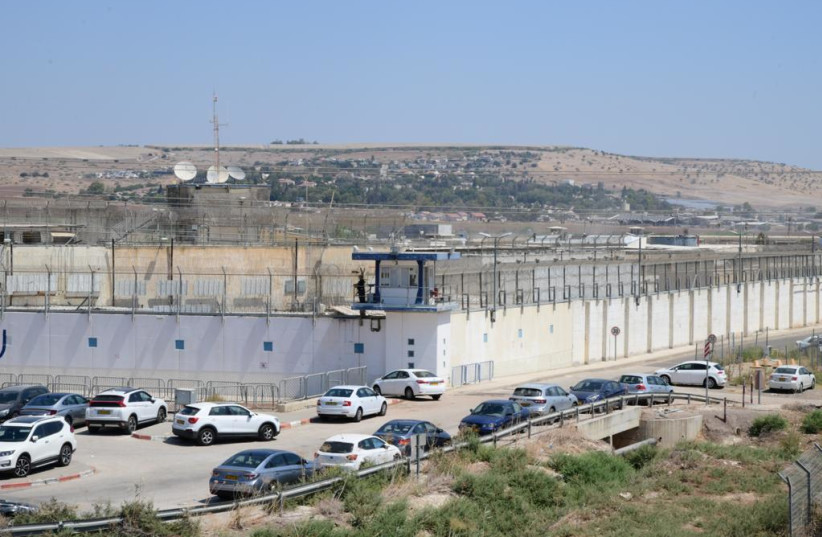Israel’s legal process for criminals ‘significantly longer’ than other states, study finds
Israel’s processing of criminal cases is “significantly longer” than many countries around the world, due to 11 different bottlenecks in the procedures, found a first-of-its-kind joint comprehensive study by the Justice Ministry, Israel Police, and the court administrative service.
Israel has a disposition time – the maximum number of days needed for a case to be resolved – of 262 days, 134 days more than the average 128 days of the 11 countries reviewed. Israel’s disposition time was almost twice that of Finland.
The state with the lowest disposition time was Denmark with 40 days, followed by Norway and England with 70 and 75 days respectively. After Israel, Portugal had the highest maximum estimated time to resolve a case with 205 days, followed by Spain with 170 days.
However, the average time for the filing of an indictment to the end of the case is about 16 months, with an additional five months if one includes the police and state attorney’s preparation of cases. Only in 15% of cases is the full evidentiary procedure implemented, which on average in 2022 took 33 months from beginning to end.
The longest procedural period for criminal cases was the preliminary examination phase, from the submission of the indictment to responses to the indictment, which lasts about 11 months on average.
 Gilboa prison from which six terrorists escaped on Monday (credit: AVSHALOM SASSONI/MAARIV)
Gilboa prison from which six terrorists escaped on Monday (credit: AVSHALOM SASSONI/MAARIV)The magistrate courts had significant delays compared to district courts when it came to processing criminal cases submitted by the police and State Attorney’s Office, taking on average almost five months.
This was even though the cases end in more plea bargains and are of lower complexity than higher courts, with the report asserting that this shows the overburdening of the magistrate courts.
Fixing a procedural bottleneck
A bottleneck faced by the magistrate courts was often created by difficulties in locating and summoning the accused to hearings – this, the study said, could be solved by building a more orderly summoning system.
The long resolution time for criminal cases was found to have been created by 10 other identifiable bottlenecks in the legal process.
This included completing the investigation, prolonging the preliminary hearings, delaying in representing legal representation, postponements due to personal issues, waiting for the transfer of investigation materials, large gaps of time between preliminary and normal hearings, multiple delays in the attempt to obtain plea bargains, long periods for presentation of evidence, and taking too long to review punishments and probations.
The report called to establish teams to move the process of the preliminary examination and initial investigations toward the first hearings, including handling of summoning the accused and the transfer of investigation materials to relevant parties. There would also need to be teams to review and manage punishments and probation, and a team to collect data and create a dashboard so that future analysis could be more easily done.
The identification of these procedural bottlenecks is the first project of the team, with further examinations in process. The team of over 100 officials from different branches led by Tel Aviv District Court President Judge Gilad Noitel reviewed 70,000 criminal cases over the last five years, 2017-2022.
“Promoting an efficient and fair criminal procedure has been set as one of the main objectives of the Justice Ministry, in response to recognition that the time periods are too long, in a way that harms the effectiveness of the procedure, and in some cases may even result in torture,” said Justice Minister Director-General Itamar Donenfeld. “I have every hope that the specialized teams that will be established will indeed lead to the formulation of practical steps that will lead to changing the situation so that the system will serve the citizen in the best possible way.”





Comments are closed.